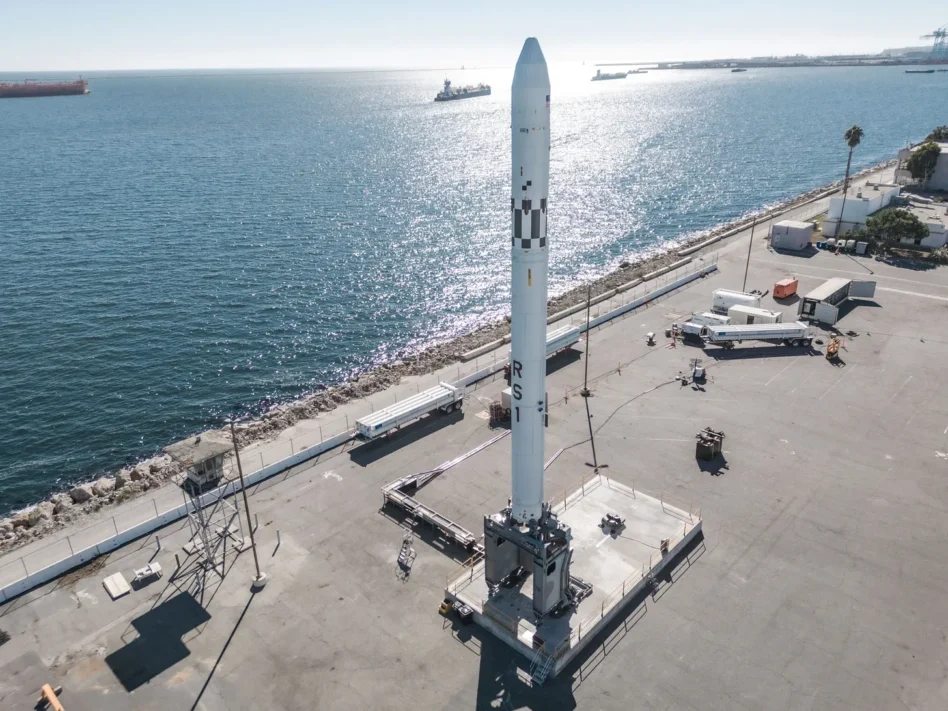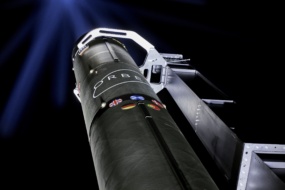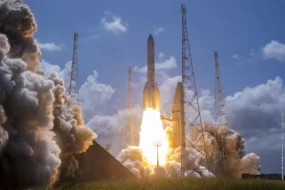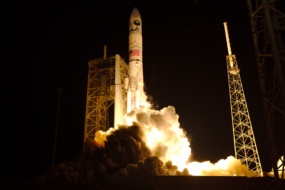ABL Space Systems began a round of layoffs ahead of a plan to shift the company’s focus from launch to missile defense, president Dan Piemont told Payload.
How we got here: The company’s metric ton-class RS1 rocket suffered an anomaly on the pad ahead of its second launch in July, resulting in the loss of the vehicle. In August, ABL significantly reduced staff in layoffs that founder and CEO Harry O’Hanley said were intended to make the company more sustainable.
While Piemont declined to share details of the company’s new roadmap until the staff reduction is complete, its RS1 launch vehicle is designed to lift off on short notice from sites with limited infrastructure. Similar technologies are used for missile interceptors that must be on alert to respond to enemy strikes at any time.
“We see considerable opportunity to leverage RS1, [its deployable ground system], the E2 engine, and the rest of the technology we’ve developed to date to enable a new type of research effort around missile defense technologies,” Piemont wrote in a note to employees that he posted on social media.
Launch is hard: ABL, founded in 2017, attempted its first launch in 2023, which failed shortly after lift-off. Of the US rocket makers in its cohort—Relativity Space (founded 2015), Astra (founded 2016), and Firefly Aerospace (emerged from bankruptcy in 2017)—none has delivered on the promise of regular access to space for small satellites. SpaceX and Rocket Lab, meanwhile, launch more each year.
“Over the past few years, we’ve seen our ability to make a meaningful impact in the launch industry diminish,” Piemont wrote in his letter to the ABL team. “Take a look around. US rockets fly every couple of days, with perfect success. It’s revolutionary. While there is still a need for more providers in certain market segments, those opportunities are decreasing.”
Competition is still fierce in the small launch market (Firefly announced a $175M Series D this week, while Astra and Relativity are both fundraising) but there may be more room to run in the market for missile defense, an area of major interest and investment for the DoD.





